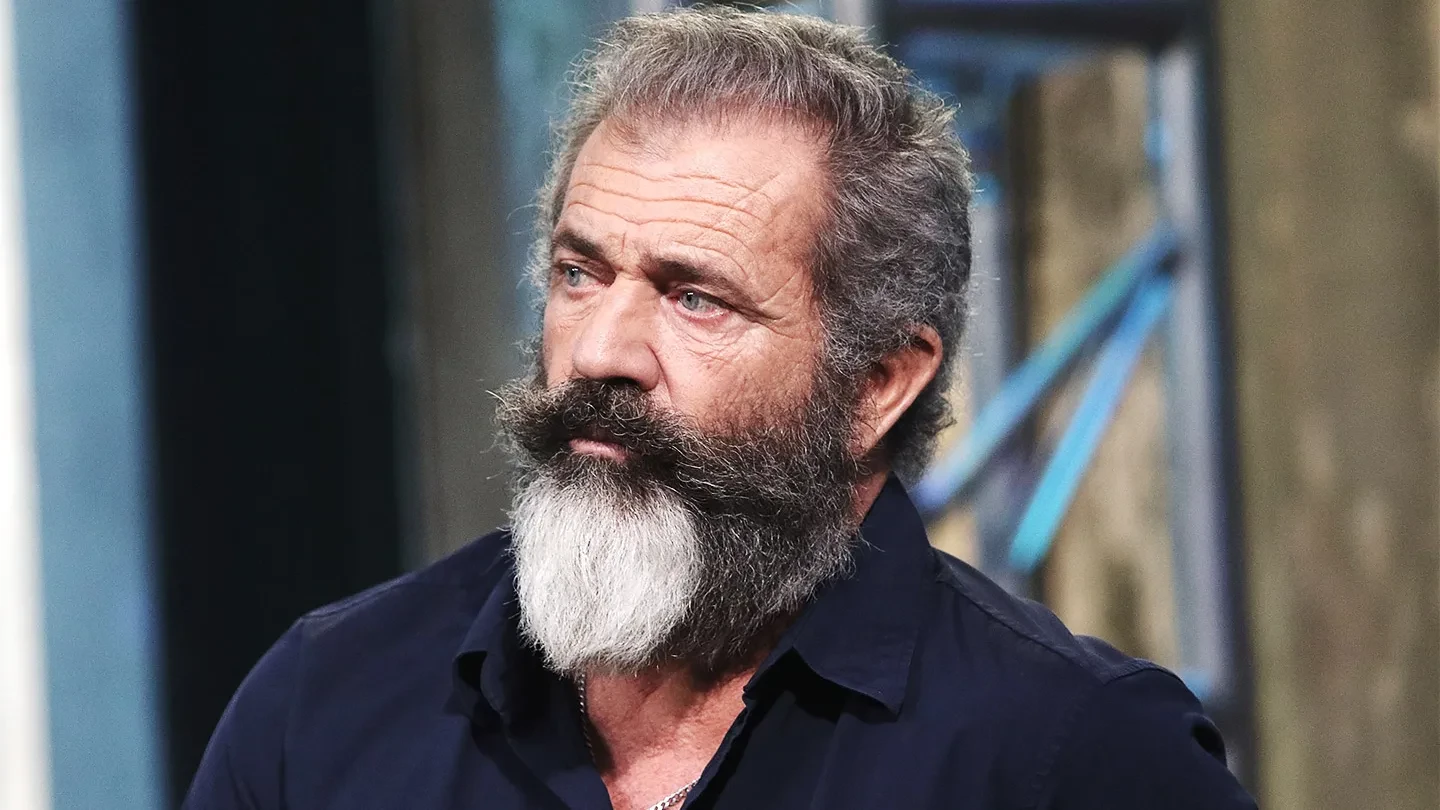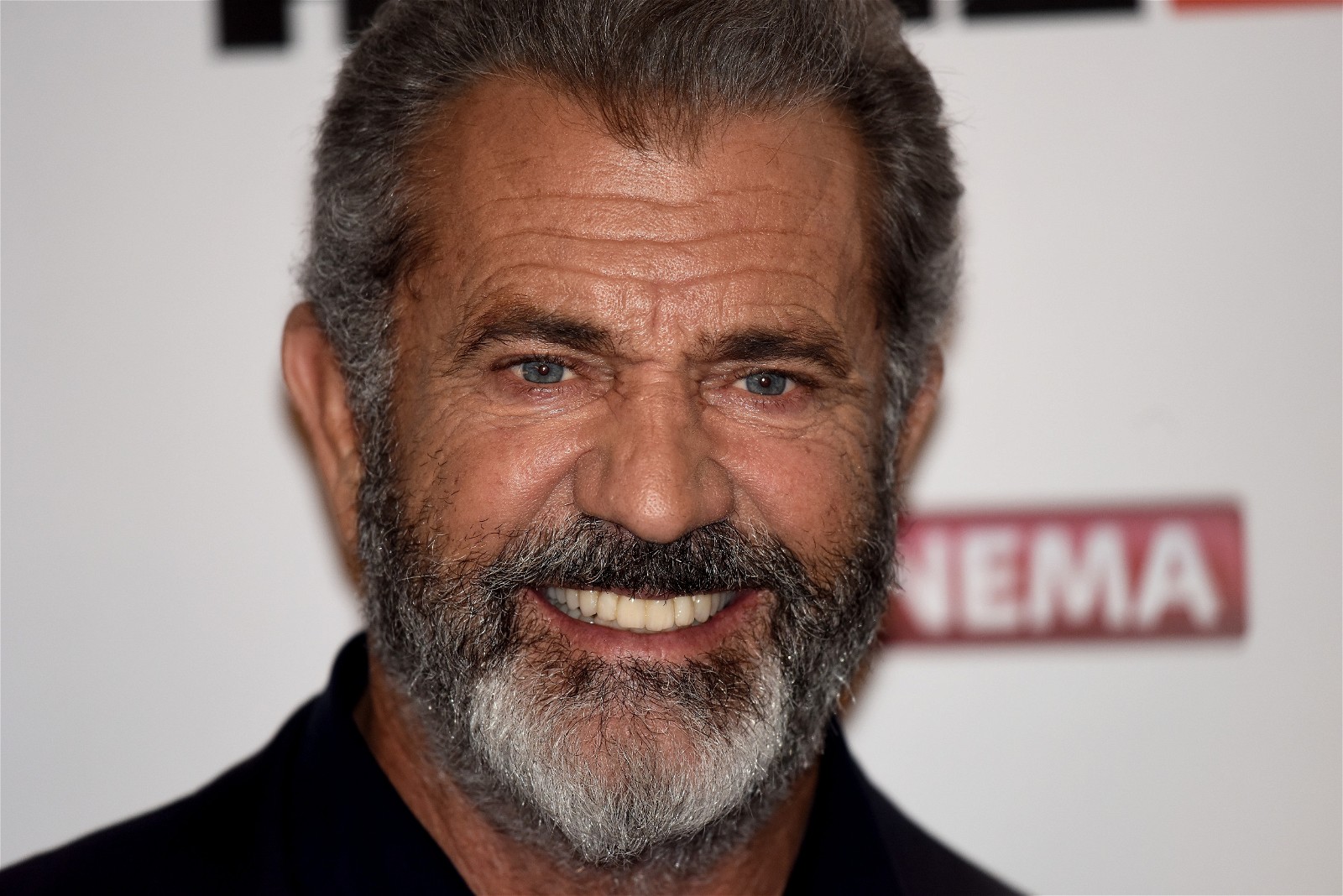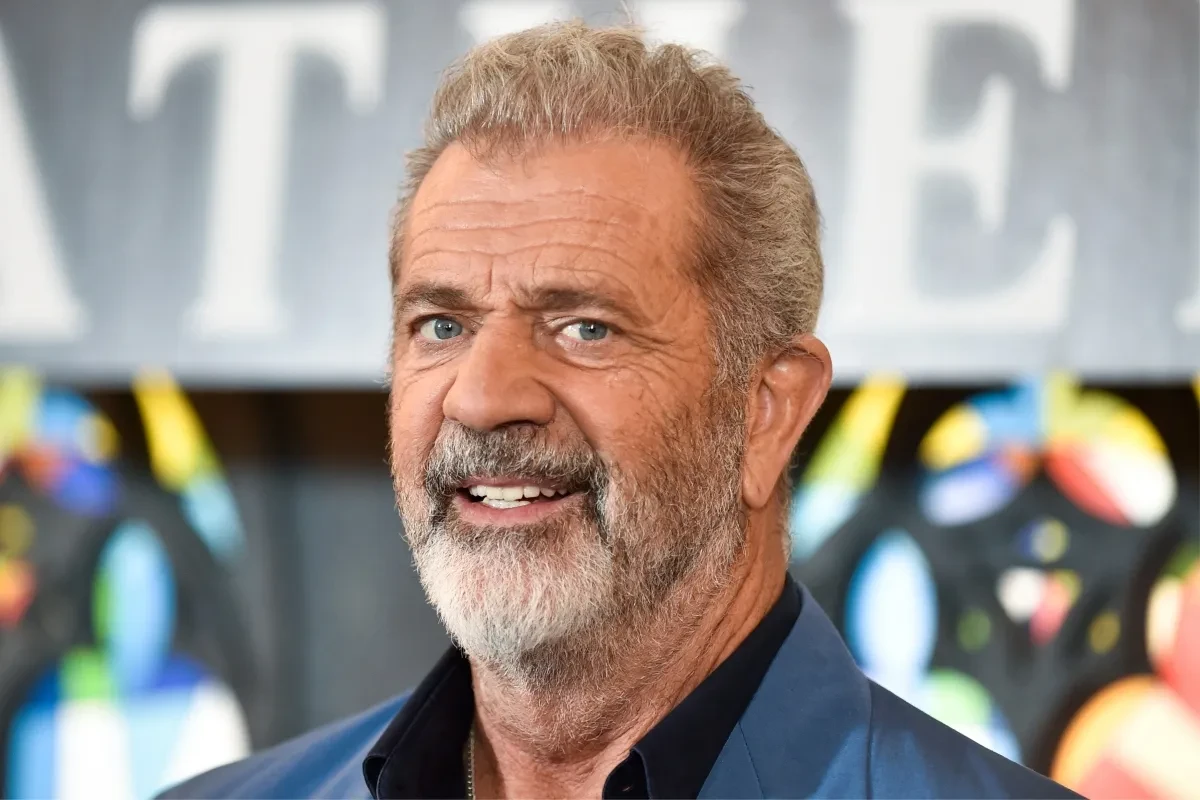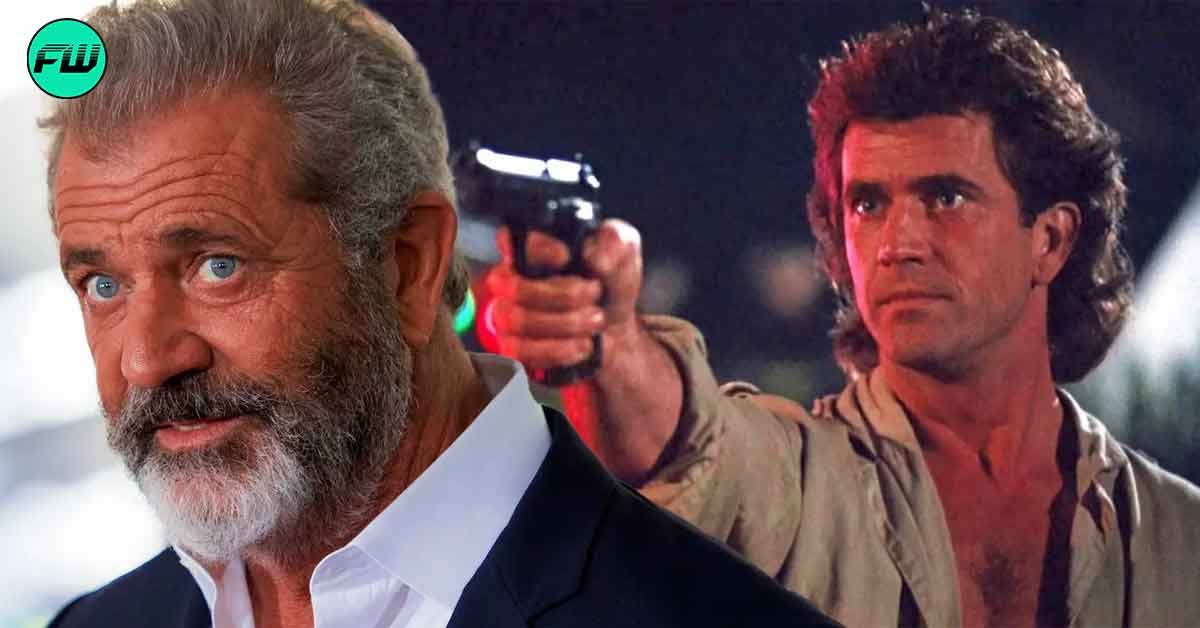Mel Gibson is an Australian-American actor, director, and filmmaker renowned for his roles in the Mad Max and Lethal Weapon franchises. He garnered significant recognition as a director, notably for Braveheart, earning both Best Director and Best Picture Oscars.

In spite of his prosperous professional journey, Gibson has faced controversies in his personal life. He has also directed notable films like “The Passion of the Christ” and “Hacksaw Ridge.” While his impactful contributions to the industry persist, conversations regarding his career accomplishments frequently intersect with deliberations about his public conduct and perspectives.
Mel Gibson Exposed The World Of Hollywood
During an interview in 1998, Figgis engaged Mel Gibson in a diverse dialogue, spanning inquiries about potential career avenues after high school and reflections on the practice of requesting actors to audition for roles during casting sessions.
In response, Gibson spoke around the notion of an actor achieving fame in Hollywood, only to be abruptly discarded shortly thereafter, akin to being discarded like forgotten remnants, often by those least anticipated to undertake such actions.

“I think it takes that kind of cockroach resilience to survive in this town. I mean, this is a bizarre place. And it doesn’t take very long, and I’m sure you’ve experienced this if you’ve stayed here for any length of time. You come in. You’re fresh from the outside. You’re off the boat from the farm. Still got shit on your shoes. You’re in here. People are charmed by that, that you’ve still got shit on your shoes. They’re charmed by that fresh approach you bring to it. And that’s a real thing. But they’re also stroking the shit out of you, you know, licking you all over. And that’s kind of good for you, too.”
Figgis inquired into Gibson’s approach to selecting collaborators, prompting a discussion where both men expressed their aversion to requesting actors to audition during casting sessions. Gibson went on to draw a parallel, likening certain aspects of this practice to the concept of prostitution.
Mel Gibson’s Most Controversial Film
Within Gibson’s vast cinematic repertoire, a myriad of themes find a home, yet none captivates and stirs as profoundly as the enigmatic masterpiece that is the Sound of Freedom. For director Alejandro Monteverde, the impetus remains straightforward: Sound of Freedom materialized as a resounding summons.

The genesis of this cinematic creation finds its roots in 2017, sparked by a feature on esteemed primetime news broadcasts such as 60 Minutes, 20/20, and Dateline. Monteverde openly mused during an interview,
“I watched it and I couldn’t sleep. I knew about human trafficking. I just didn’t know about child trafficking for s*xual exploitation.”
Sound of Freedom shoulders the mantle of a mission, pushing its storyline to a secondary stance. Its primary aim is to awaken our empathy for the abhorrent scourge of child exploitation in trafficking.
Source: YouTube

